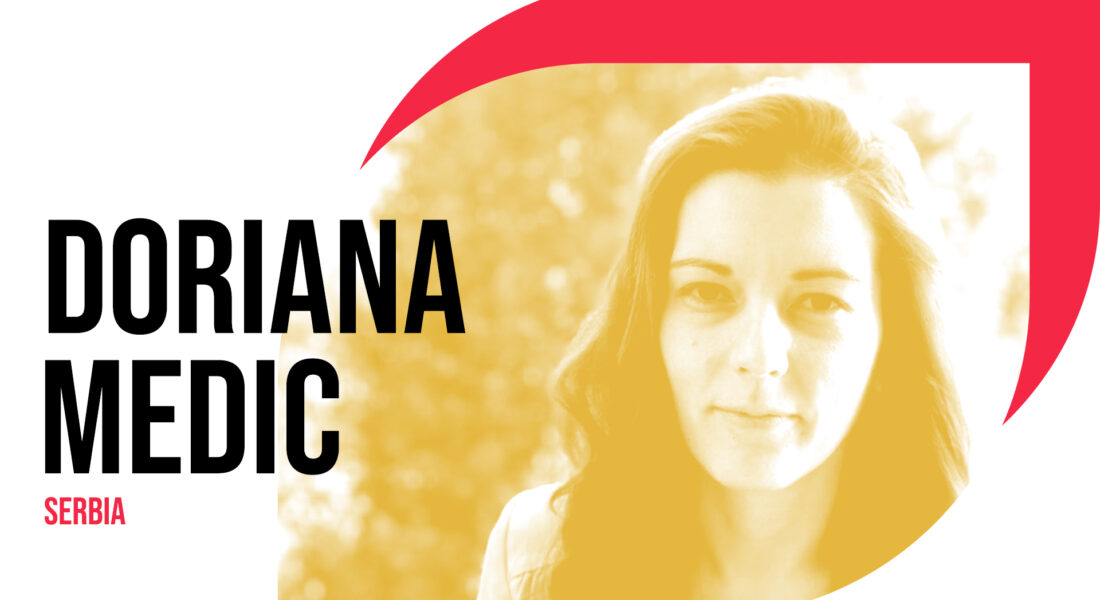
When you go to live in a foreign country, you need to know the language so you can trivially talk to the lady who sells you coffee
Originally from Serbia, specifically from the town of Apatin on the border with Croatia, Doriana, 34, speaks English, Italian, Serbian and a little Spanish.
In Serbia, she majored in General Mathematics and minored in Applied Mathematics at the University of Novi Sad.
She arrived In Italy in November 2015, to attend the PhD program in Computer Science at the IMT Alti Studi Lucca School. Her thesis, “Relative expressiveness of calculi for reversible concurrency,” consisted of representing parallel and concurrent processes with a formal and abstract language and studying the processes and semantics of these languages in terms of reversibility. Finishing her PhD in 2019, Doriana was a two-year research fellow for a project run by the Universities of Bologna and Nice.
Today she is a researcher in the Department of Computer Science at the University of Turin.
She is involved in different activities from those she has pursued in the past, “I am starting to do more hands-on, a little bit machine learning and high-performance computing”. Eager to continue learning, Doriana still feels like a beginner in her craft.
She came to Italy by chance, following the advice of her college mentor. After a year and a half, she decided to stay in our country, which she immediately liked very much. Learning Italian was not very difficult, thanks to the classes she had taken at school and her strong motivation to integrate: “When you go to live in a foreign country, you need to know the language, to be able to trivially talk to the lady who sells you coffee”. Among the first words she learned, she recalls, “pasta, pizza, and cappuccino”.
“I still don’t speak perfect Italian but no one judges me, in fact, people are happy to listen to me even if I get a few words wrong”.
She likes her work and Turin. She would like to obtain a permanent contract at the Athenaeum, but she is aware that research in her field is highly developed in Italy and there are many experts, who are also appreciated abroad.
Doriana suffers from being away from her mother, especially not being able to tell her, “Hi Mom, I’ll be there in 20 minutes,” and laments the poor connections to her country, which prevents her from returning often.
She likes Italy; she finds there a more efficient internal organization and more effective protection of freedoms and rights than in Serbia, where issues such as gender equality, freedoms of religion and expression of one’s sexual orientation are still poorly addressed.
Of her Serbia she tells us that it has gone through many wars, “splitting” in two, but presenting a remarkable cultural richness:
“One part of Serbia has been under the influence of Austria, another under that of Turkey. From north to south different customs, food, language and traditions interact and unite”.
Therefore, it is unfortunate that the tourism sector is not yet well developed.
Doriana is surprised that the existence of the Serbian Republic is little known. “When, having arrived in Lucca seven years ago, I went to the police headquarters for a residence permit, there was still Yugoslavia in the Italian system”.
In conclusion, she expresses her appreciation for the Migrant Science project, through which she discovered that he has much to tell about her history and her country.


